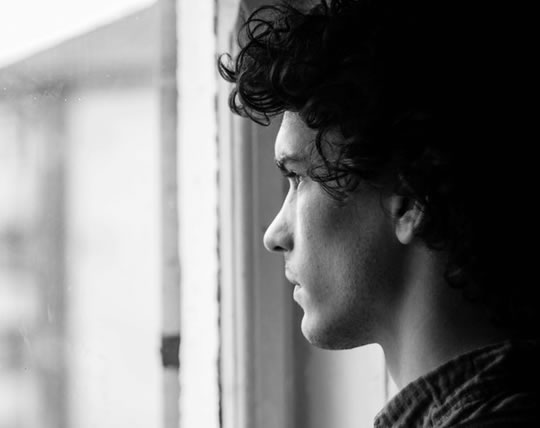
Not all depression symptoms are easy to spot.
When depressed, people have a distorted view of the past, new research finds.
When they look back, people experiencing depression feel that the bad things that happened to them were inevitable.
Worse, they feel there was nothing they could do about them.
Dr Hartmut Blank, one of the study’s authors, said:
“Depression is not only associated with a negative view of the world, the self and the future, but we now know with a negative view of the past.”
What people feeling depressed experience is a toxic version of the normal ‘hindsight bias‘.
For people who are happy enough, the hindsight bias makes positive memories seem inevitable.
At the same, it tends to erase negative events from memory.
Not so, though, for people feeling depressed.
Dr Blank said:
“Everyone is susceptible to hindsight bias, but it takes on a very specific form in depression.
While non-depressed people tend to show hindsight bias for positive events but not negative events, people with depression show the reverse pattern.
Making things worse, depressed people also see negative event outcomes as both foreseeable and inevitable – a toxic combination, reinforcing feelings of helplessness and lack of control that already characterise the experience of people with depression.”
The conclusions come from a study of over 100 people suffering with mild to severe depression.
The results showed that the more depressed they were, the stronger was this toxic version of the hindsight bias.
“Everyone experiences disappointment and regret from time to time and doing so helps us adapt and grow and to make better decisions.
But people with depression struggle to control negative feelings and hindsight bias appears to set up a cycle of misery.
We have shown hindsight bias in people who are depressed is a further burden on their shoulders, ‘helping’ to sustain the condition in terms of learning the wrong lessons from the past.”
The study was published in the journal Clinical Psychological Science (Groß et al., 2017).




